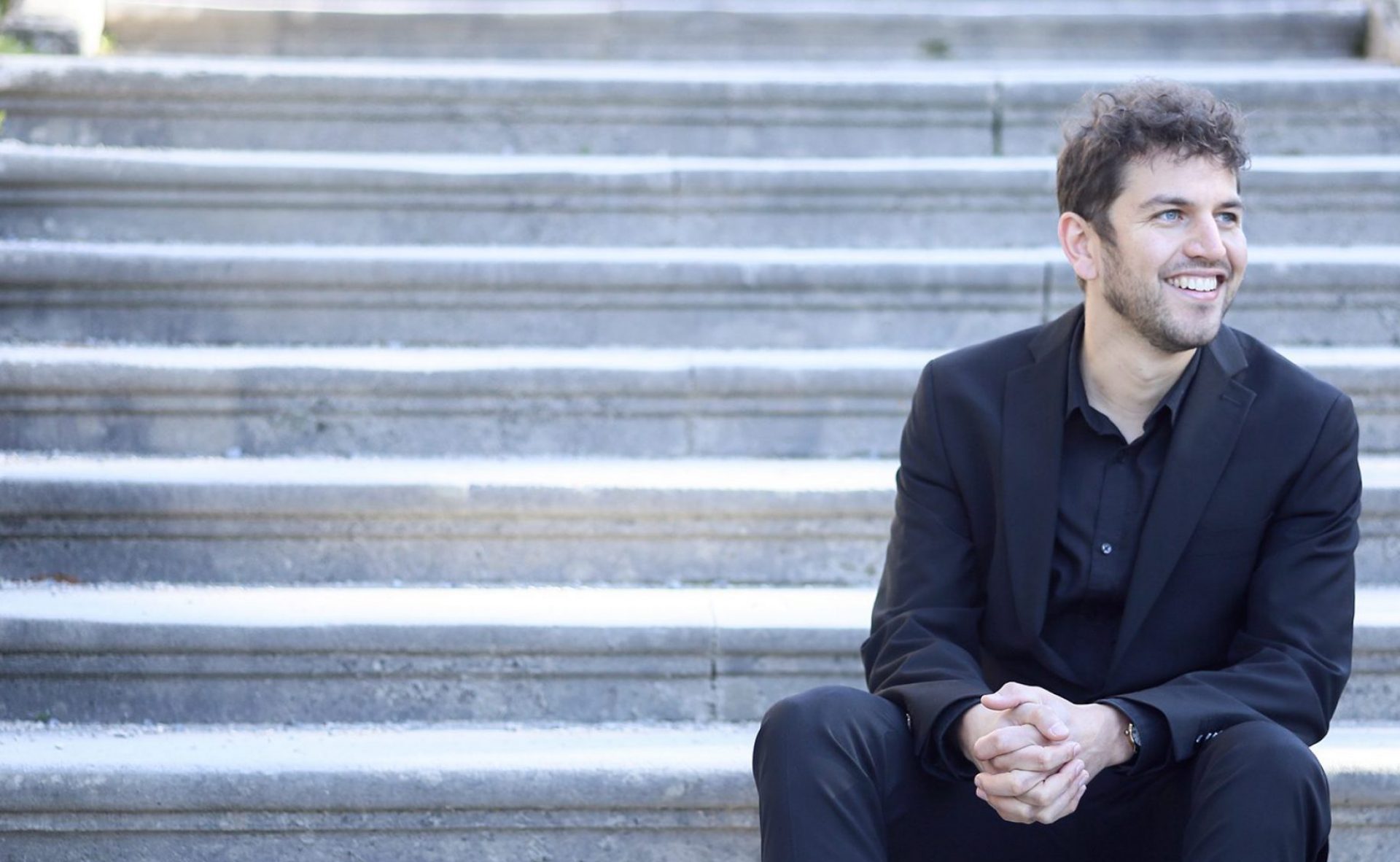How should musicians deal with the pressure that comes with our career? While sportsmen and women have large teams of performance coaches around them, musicians are usually left to deal with the stresses, strains and disappointments of a very demanding career on our own. Until now…
It was great to talk to Ralph Strehle, a German who I first met in Glasgow, about his role as a performance coach to young musicians, and the Mascarade Opera Studio in Florence that he is an important part of.
For the German version of this interview, please click here.
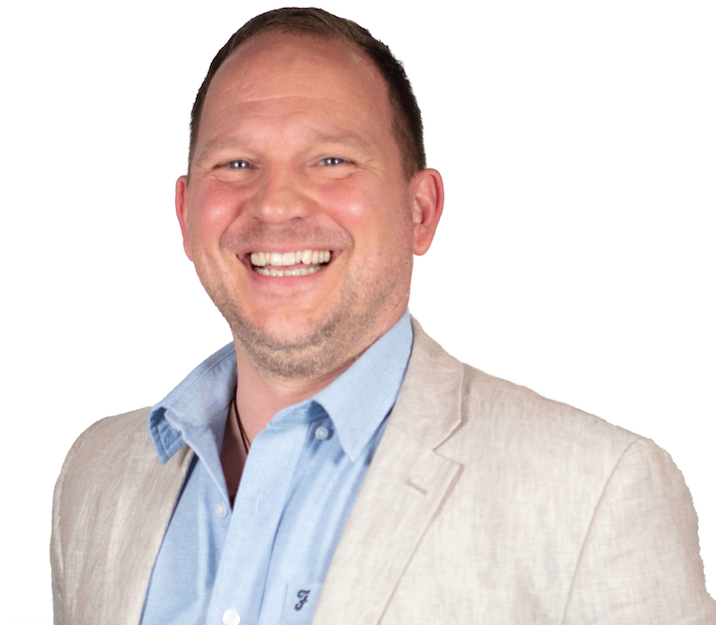
If a neuroscientist was to look at the structure of decision making in sports and the arts, they would see something very similar. Where it gets different is that maybe as a sports person, you really want to block out your emotions. As a musicians we don’t want to do that – we want to channel our emotions and communicate.
If you were not in your current job, what would your dream career have been?
A football manager in the Premier League!
What would get you on the dance floor?
I’m a terrible dancer. It would have to be something by Queen.
If you could have a meal with a famous person from history, who would you choose?
Nelson Mandela.
Do you have a favourite opera?
Tosca.
Favourite composer?
Strauss.
Can you describe your Hot Toddy in three words?
Robusto, warm and uplifting!

I had one match with the under-14 German national team – my moment of glory! But even then, to psyche myself up I would listen to opera, particularly Pavarotti.
How did you first get interested in opera?
It was a friend who actually sang in musicals. I came to singing very late, but he didn’t. I was stunned by the power that the human voice can have. I didn’t know anything back then about technique or belting and the difference between opera and musical theatre, but I just thought the ability of a human voice to project, and sometimes to make so much sound in a tiny body – I thought ‘wow, I want to learn about that’.
How did that lead to what you’re doing now?
When I was 14 or 15 my big passion was football, and I wanted to become a professional footballer. That was the aim. I had one match with the under-14 German national team – my moment of glory! But even then, to psyche myself up I would listen to opera, particularly Pavarotti. I started studying law for a year and then moved into the humanities and studied German and English. I then went to London as part of an exchange and then stayed there and did a PHD in English literature and philosophy – ethics.
I started singing because when I did lectures I didn’t want to use microphones. I loved it. I then went to the Royal Scottish Academy1 and did a postgraduate degree in opera singing. Afterwards I sang a bit in the chorus of Scottish Opera and did some smaller productions in Germany, but I was a bit like Jose Mourinho in football – I wasn’t quite the star. I was always more interested in the psychology of it.
When I did my first audition tour in Germany, I met up with a sports psychologist from Strathclyde University and asked him ‘how do you prepare your players for a competition, or something that’s potentially quite stressful? What do you do?’ I found that really interesting. My second PHD was then in performance psychology, and I subsequently worked at the Royal Conservatoire of Scotland and the National Opera Studio2.
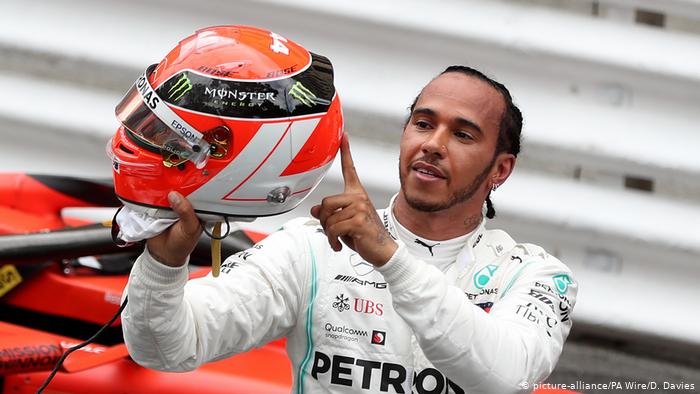
Tell me about Mascarade Opera Studio, which is currently in its first year. How is it different to other opera studios?
Mascarade Opera Studio is the result of my research into performance psychology, and stems from work that I have done with postgraduate singers and professional singers. It also draws on the work I did with the sports psychologist, where we looked into things like performance profiling and performance management in sports, and how we can translate something like that into the music world. I was also teaching effective practice techniques at the RCS, so Mascarade Opera Studio was a chance for me to build an opera programme which is based on performance psychology.
We don’t just get musical coaches and vocal consultants to come in, but look at how we can connect those visits together meaningfully. That takes time and means we don’t have too many people coming in at any given moment. At most we have one person a week or one person a fortnight who stays for three or more days, so there is enough time to process the feedback, implement it and work through it. It’s a constant analysis of what’s happening, a feedback and feed-forward procedure.
I do a lot of video analysis with the young artists, as well as strength profiling, thinking about what are their performance strengths and weaknesses, and then we develop strategies. I go into their practice sessions and just sit there and look. Of course when you have an observer the environment changes, but it gives you a very good idea of what’s happening and how they structure their practice time.
At the moment practice time is very important because it’s quite a luxury, and a luxury that they often don’t actually have at conservatoire level, because in my view, they are performing too much there. I think it’s a problem that’s being looked at and resolved in many places, because they need to see the relevance of stepping back.
A lot of the work I’m doing here is for the young artists to find a task-oriented approach to their work, linked to deliberate practice, and becoming much more astute and much more focused in how they work. It’s like in Formula One – Lewis Hamilton fiddles, looks for that 5 or 10 per cent that makes the difference. They all have good instruments, they all have talent or high ability, but in the end it’s whether they are willing to put in the work for that final 5 per cent, which will make them different from the others.
What are the most important ways in which young artists need to be supported?
I think they need to learn to be self-determined and autonomous. The job of any coach or teacher should be to release them and give them the tools to work. That’s easier said than done! So it’s a suspension of judgement from all sides towards something that’s much more practical and task-led. They need to take responsibility for what they do. They need objective assessments, so they don’t live in a bubble somewhere with their own fellow students. That’s something I think hasn’t really taken place Europe-wide, which is to say ‘I need someone objectively coming from outside.’
In the UK we are very focused on quality assurance, but there’s no quality assurance in career management. There’s also no quality assurance in the one-to-one teaching, which is outrageous! Combining this with mental preparation, in terms of confidence and self-advocacy in a performance context is also important. Often they are quite good on the stage in a costume doing an opera, but that doesn’t necessarily translate into an audition situation or into a recital, so that’s something we are all working on.
Why do you think these issues have been overlooked by music colleges until now?
I think it’s a structural thing. It’s also for teachers to open the studio up in this way. I think pedagogical education isn’t always as good as it could be. Do you know how to give feedback? What type of feedback and when? Leaving out your own ego as a teacher or as a coach, looking at what the person in front of you needs, and not what you feel they should or should not be doing. It’s a complicated thing, but I think there’s something there that’s not quite right.
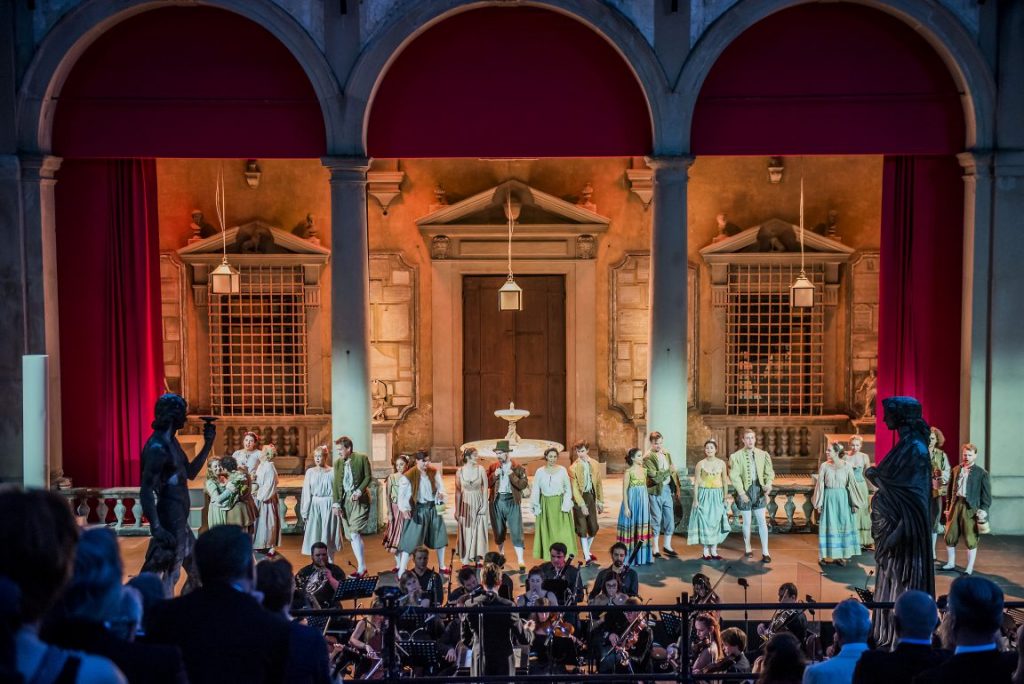
We’re not therapists – the transformation is looking at the personality and how you learn from different experiences. My experience of working with singers is they often don’t realise how resilient they already are, and how well they’ve coped in situations where there was pressure.
How do you help young artists make the leap from study to professional level? What qualities do they need?
I think it’s a combination of things. They are people that know how to behave in a variety of different contexts. They are adaptable and have resilience. They can deal with set-backs, and they enjoy success but still know they have work to do. There’s a desire to learn, they create opportunities, and they build and nurture good networks. I think with the number of singers that enter the market now, it’s almost impossible for agencies to take them all on and to look after them all, so a good network is very important.
What strategies and structures are needed to develop as a professional once you have an opera career?
We do both transformative coaching and coaching for performance. The transformative coaching is looking at a concurrence of values in an artist’s world, and how they conceptualise their performance environment, their personal life work, and what values they assign to that. That can sometimes be problematic. Let’s say you have someone who’s very driven. They can sometimes strive too much in their personal life, and it manifests itself in performance. The transformative aspect there would be to look at what makes that person tick in that way. Often that’s not necessarily related to performance – it can be related to a variety of experiences, and we try to work a little bit with that.
We’re not therapists – the transformation is looking at the personality and how you learn from different experiences. My experience of working with singers is they often don’t realise how resilient they already are, and how well they’ve coped in situations where there was pressure. It’s then becoming aware of what they’re already doing and employing strategies.
The other aspect is performance management, where we look at your pre-performance routines – what do you do before a performance, what pre visualisation do you do? What kind of cue words, what kind of rescue strategies you have in place? What are the ‘what if’ scenarios? What if I’m going to an audition and there are three baritones in front of me and they all sound glorious? If that happens, how will I respond to that situation? That’s all pre-performance.
Performance management then builds on the positives, to make sure you don’t get over-involved. What are the things that hold you back? It is important to make sure you look where you need to look in terms of your attentional focus – there are always moments with singers where they have to look at the conductor for example, so they can’t get over involved with the drama on stage. Also important is the post-performance feedback. They need to look in a more distanced way at what went well, what could have gone better, and what they’re taking out of the situation, in order to get better next time.
I suppose the challenge is to keep hold of those things, because sometimes you study it all and then in the moment, it all flies out of your head!
It’s kind of like mental hygiene. It needs to be part of your practise, even if it’s just ten or fifteen minutes a day. When you ask a young singer what are your strengths, it’s amazing how good they are at pointing out what is not so good. All these routines take four to five weeks at least. Visualisation especially needs to be part of the practise routine. This is hard, because specifics are always different, but if you’re going to sing in an opera house, you can visualise using all the senses; what it will look like, how you will feel confident, what you will do when you go on stage, how you can feel your own sound.
Then you can really work through a piece, so it’s your best performance routine. There are many ways of doing it. You can be associative, where you imagine you in your body, or dissociative, where you imagine looking at yourself from outside the body, so you get more of an objective picture.

I think it is also important that you know what your personal values are. If you are somebody who needs a very strong bond or relationship, you have to nourish your basic needs.
What are the qualities people need to sustain a career in the long term?
They need to be very good at pacing themselves and have advice about the roles to sing at any given stage, which relates to having a strong network. You need a handful of people that give you sound feedback and advice that you trust with regard to the roles that you should do, and have the strength to say no when something comes along that is outside your Fach3, which will not help you to develop. That’s very difficult – I understand that. You need to have certain mental qualities or psychological skills, like resilience.
I think it is also important that you know what your personal values are. If you are somebody who needs a very strong bond or relationship, you have to nourish your basic needs. In terms of motivation we have basic needs – competence, relatedness of autonomy. They need to be fulfilled in order to be happy in what we do. A good person knows how to fulfil these and surrounds themselves with people that give them meaning and purpose. They need to feel competent in their knowledge of their abilities so they can do the job and not feel stress. That’s not easy either!
How should you deal with a situation where your mentors give you conflicting advice?
I think conflicting advice is not necessarily a bad thing. It can be often an aesthetic decision, a matter of taste, and in the end, you have to take responsibility for this. So you choose as a performer, and you have to be able to live with that. We have to take responsibility for our actions in that circumstance.
You were saying that people are motivated in different ways. Do you find that for each person, there’s a different thing that motivates them, or can you put it down to a few characteristics that most people are driven by?
That’s a tricky one, because people are driven by the values they hold, what their upbringing is, and their history. I think you have to take responsibility for the individual history of that person; their performance history, teaching history, whatever they bring. As a performance coach I have to accept them as they come. I can’t say ‘this is good’ or ‘this is bad’, but have to meet them where they are and then we have to talk about it. I don’t think one can generalise.
You mentioned your work with the sports coach. Would you say your approach is similar to how sports coaches work?
It’s very different! I think there’s a major difference. I don’t think everything in music has to be structured, though that’s not always the case in sport either. You have to give people creativity – being able to make an aesthetic choice in the moment that’s not pre-programmed. You have to have a high skill set that needs to be remembered at the moment of performance in such a way that it needs to have flexibility. When you sing, you’re not just recalling a programme. You need to do something else with it, even if that relies on the basis of a really good skill set.
If you look at Cristiano Ronaldo with a football, that’s not pre-programmed. If a neuroscientist was to look at the structure of decision making in sports and the arts, they would see something very similar. Where it gets different is that maybe as a sports person, you really want to block out your emotions. As a musicians we don’t want to do that – we want to channel our emotions and communicate. That’s a very different situation, which is challenging.
This seems to me to be a very pioneering approach to thinking about performing. Why is it not being done more in the arts?
I think my position is the only one of its kind in the world. There will be other young artist programmes which of course have performance psychologists, but they don’t structure and run the programme, linking the different events up. It’s only over the last ten years that we’ve started thinking about mental health, and the health of musicians. It wasn’t an issue before. It was there, but nobody talked about it.
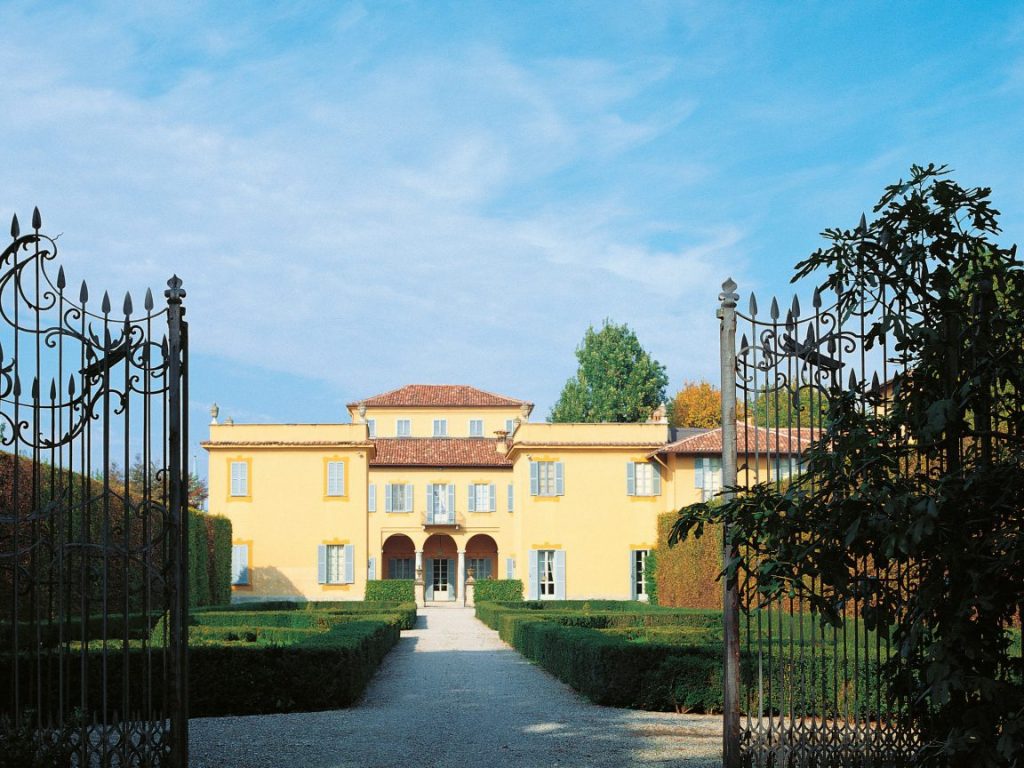
The singers also have to take responsibility for their careers and be very clear about their expectation management. The technology and social media is too much for me. It creates an awful lot of pressure for everybody, especially young singers, as everyone has to constantly say where they are and what they’re doing, and it’s nonsense.
As a German who left the country, how do you view the German opera system in comparison to the UK?
I think there is a difference between the conservatoire level and the opera industry. There was a report in the Bertelsmann Stiftung, Beruf Opernsänger4 that was published last year. It was looking at the levels of German conservatoires, and what the industry expectations are at the moment, and how this impacts on agencies, opera studios, and ensembles and theatres. With Covid everything is up in the air, and in some ways I think it’s a great opportunity to restructure a system that has become very bloated with too many stakeholders in it. We need to refocus on what arts is and what arts need and get rid of some of the baggage.
In terms of the conservatoires, the UK is very strong, and look at the German Fest5 system – at the Stadttheater/Landestheater level you find a lot of British singers, so they’re certainly doing something right there. The market is internationally really small and the more you look at the top to the people that actually make the decisions, the jury panels always seem to be the same people. I think the UK is a bit more closed off.
I like the German-speaking system – I believe the Fest system could be a really good way, if it’s responsibly handled, for a young artist to grow. But they need to be looked after, and there’s a duty of care which I’m not sure is always in place. I think there are too many agencies.
PR and marketing has taken over – everybody has to have that in place, and spend time on Instagram/Facebook and Twitter, when they should be spending that time in the practice room, so there’s a shift that’s gone in slightly the wrong way. There is so much now surrounding the profession that we have moved away from the core – what we actually do.
The singers also have to take responsibility for their careers and be very clear about their expectation management. The technology and social media is too much for me. It creates an awful lot of pressure for everybody, especially young singers, as everyone has to constantly say where they are and what they’re doing, and it’s nonsense. I have great joy if I come across a name who doesn’t have a website! A social media presence is difficult to maintain.
What do you look for when you’re recruiting singers for the opera studio?
Personality. The level we work at, we are very specific in our purpose. We are not linked to a house, which means we have time to build and then move them on after nine months, either to bigger opera studios – the world class ones, or Fest ensembles and agencies. So of course I’m looking for a competent singer, and they have a skill set in place, but I’m really interested in their mind-set. I get an idea of their self image, whether they know what they need to do and what they need to work on, and whether they know their strengths or weaknesses. Also who they are as a person and whether they know their values and what they want to do.
The people who want to come here tend to also be the people that we want, because they are in a position where they know they might not be ready for the Bavarian State Opera or the Lindeman6, and that in itself is a good thing. They need self awareness, personality, joy and an open mindset. Also confidence that they can make it if they put a bit more work into it.
There is a generation now of young performers who know what the market needs, and that are self-assured and team players.
What will opera look like in 100 years time? Are you hopeful for the future of the industry?
I’m incredibly hopeful. I have spoken to so many performers, agents and young directors in recent months who are in their thirties and forties. There is a generation now of young performers who know what the market needs, and that are self-assured and team players. Whether that will project to the next hundred years I don’t know, but I’m hopeful that we will see a major change in the near future. The market has changed and that’s something we need to accept. It has become more important to be a team player that has good interpersonal skills, and we want that. It’s the small-mindedness and the competitiveness that I can’t stand. We want to work with people and to collaborate – then we can achieve things. When we collaborate we can create something beautiful.
Notes and Links
- Now known as the Royal Conservatoire of Scotland (RCS), Scotland’s foremost music and drama college, based in Glasgow.
- An opera studio based in London, which trains singers and pianists for one year.
- Fach, (pl. Fächer) – Operatic singing roles in the German-speaking system are categorised using the ‘Fach’ system. Each Fach corresponds to a type of voice, and with it go certain roles. Examples of Fächer include Dramatic Soprano, Coloratura Soprano or Heldentenor.
- A German organisation that does evidence-based research into various fields of employment.
- The system mainly in the German-speaking opera world, where a singer is able to have full-time employment in a theatre for a number of years.
- The Lindemann Opera Studio in the main training scheme connected to the Metropolitan Opera in New York.
- You can read more about the Mascarade Opera Studio, Ralph’s work there, and how to apply, at their website here.
